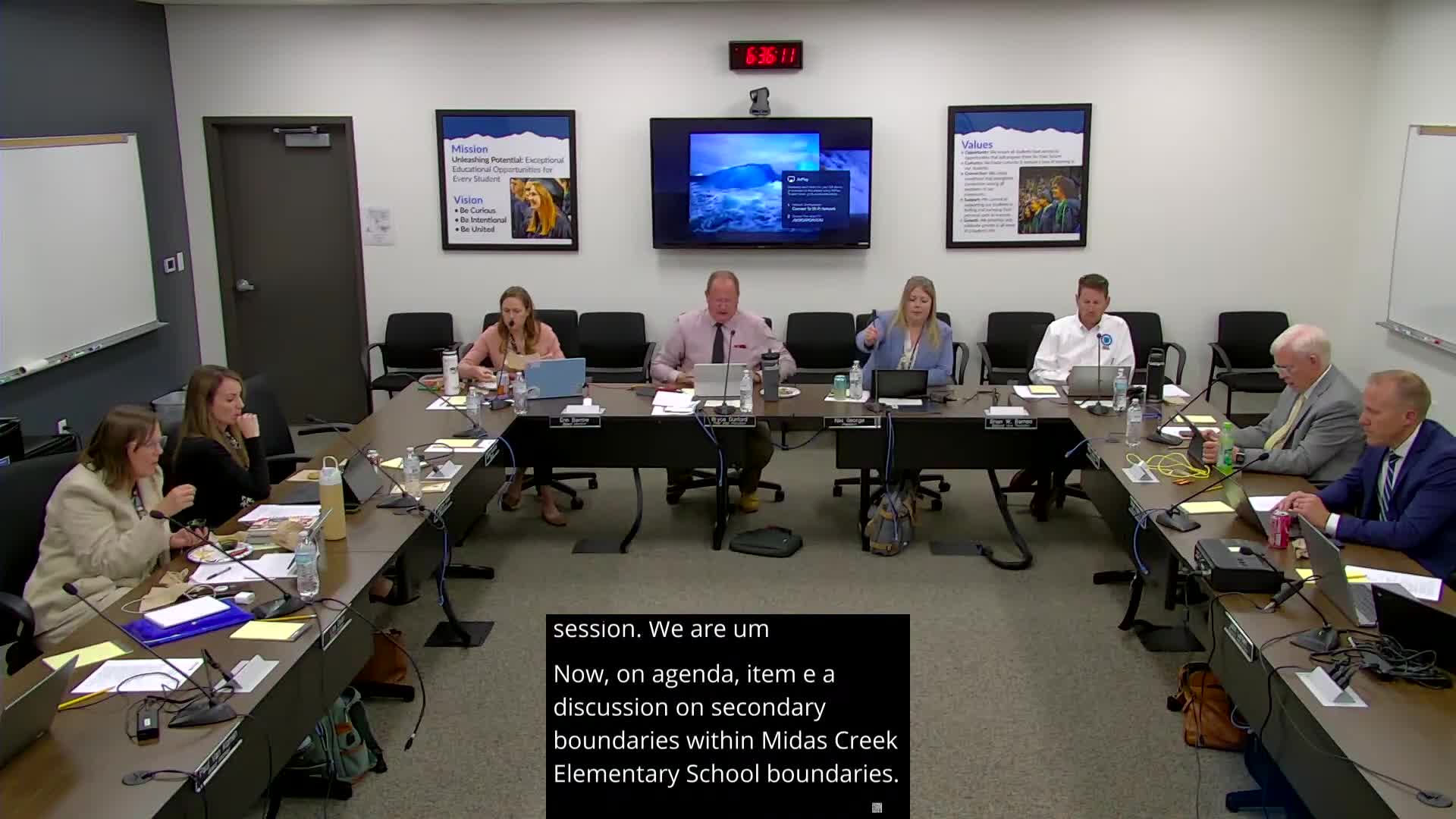Article not found
This article is no longer available. But don't worry—we've gathered other articles that discuss the same topic.
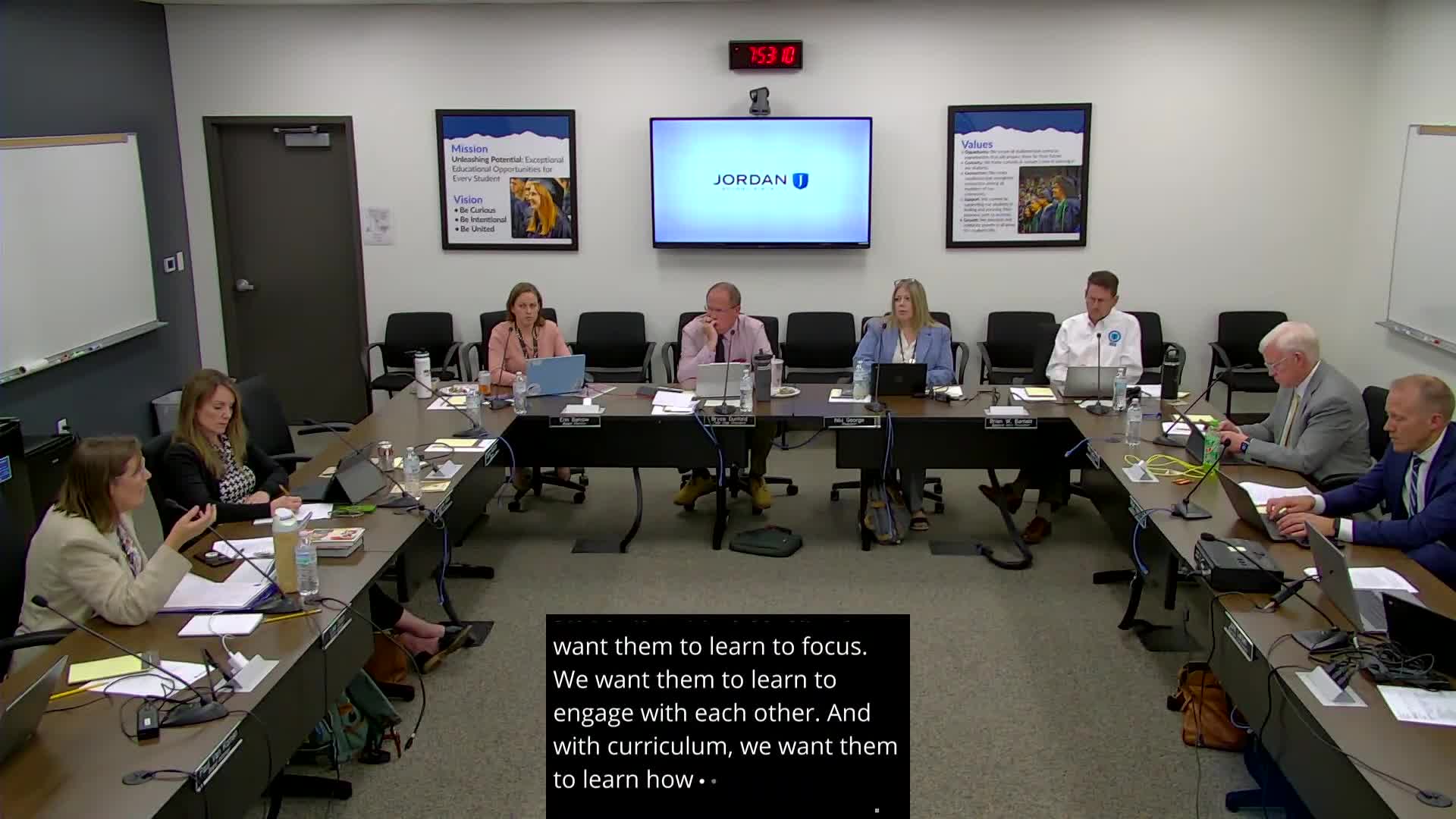
Teachers report fewer fights and more engagement since district phone policy; board asks staff to review enforcement and consider pilots
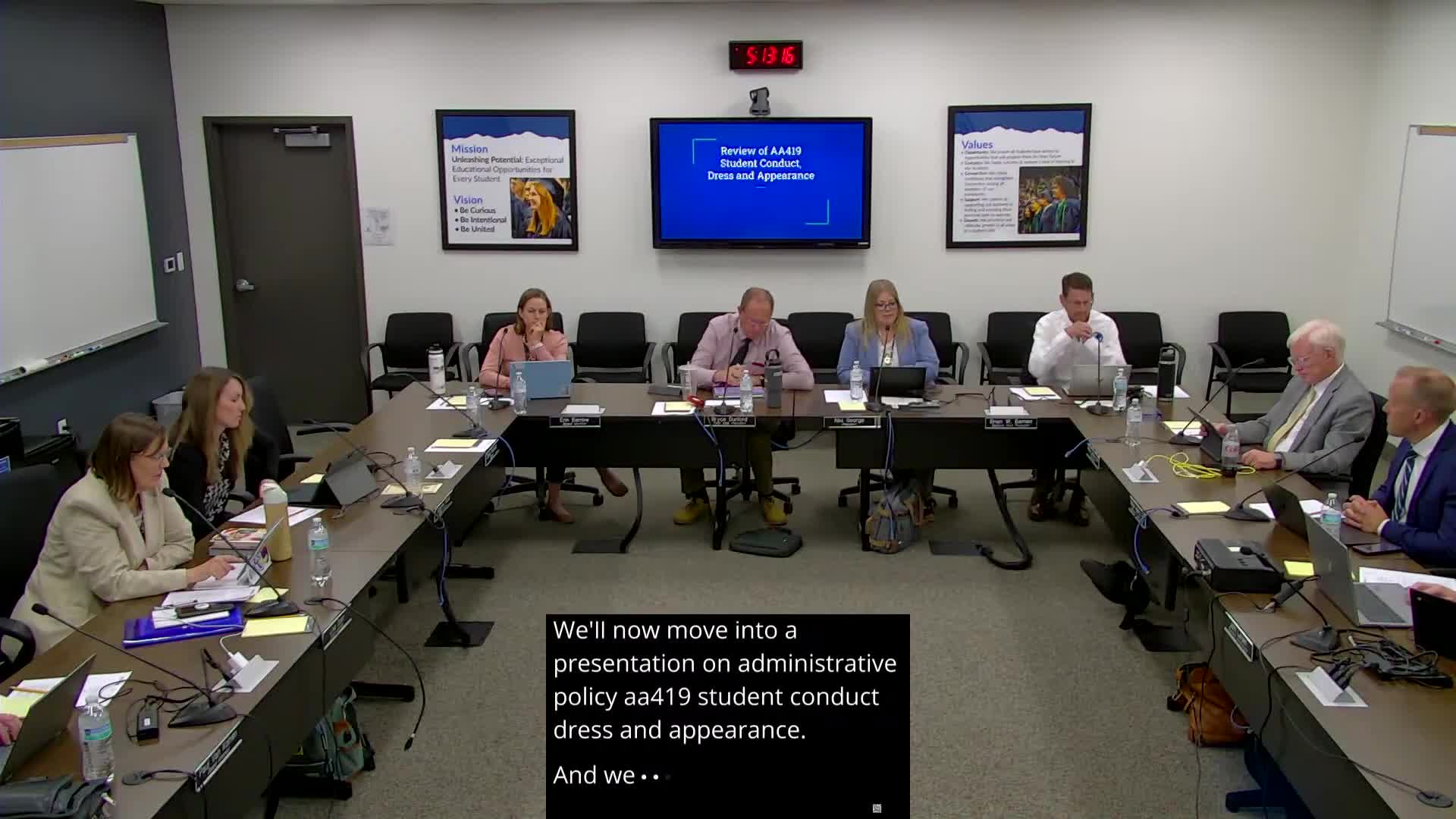
Board hears staff report on dress-and-appearance policy; administrators cite enforcement and consistency challenges
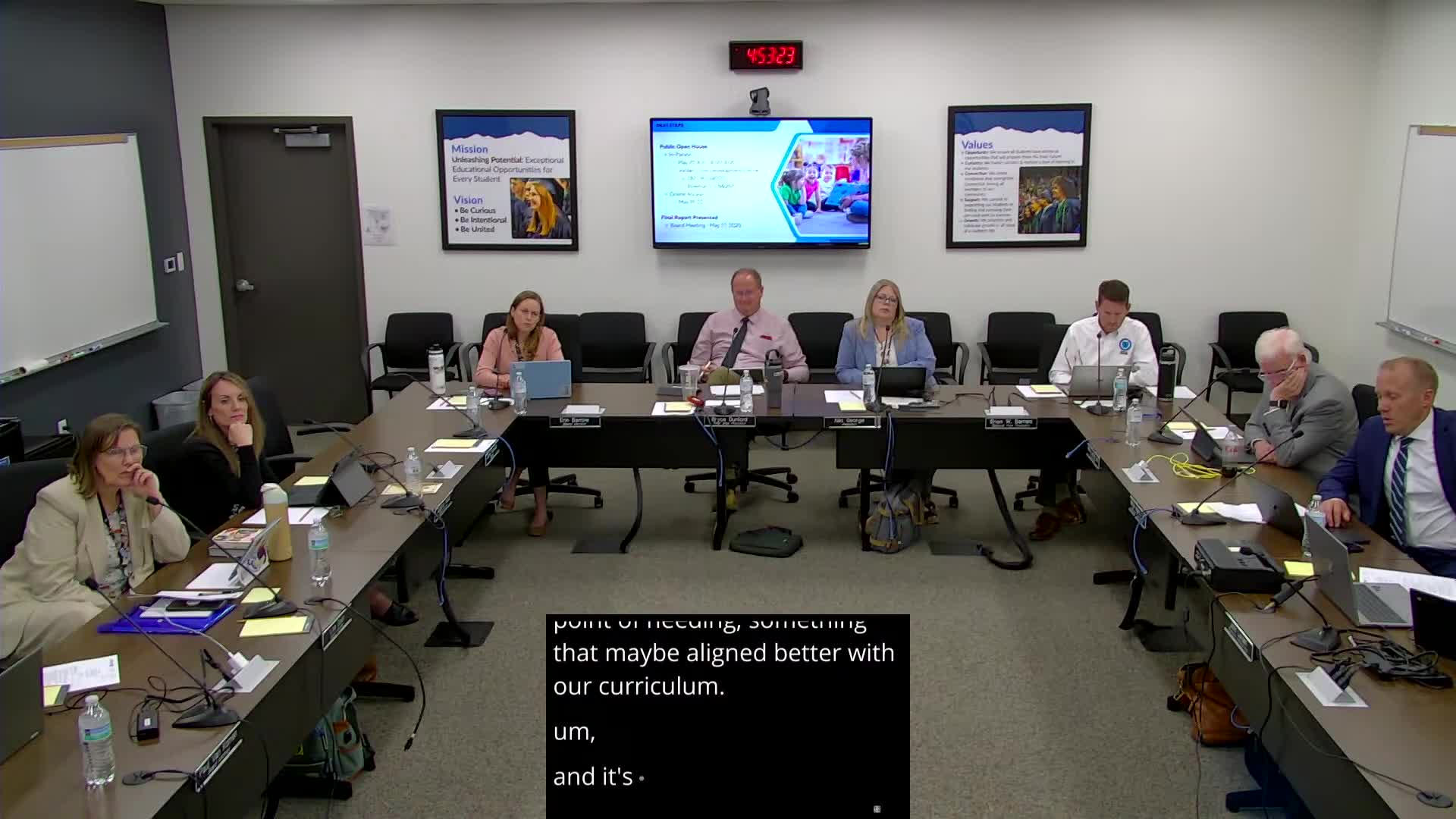
Board hears staff revisions to maternity and parental leave to align with updated Utah code
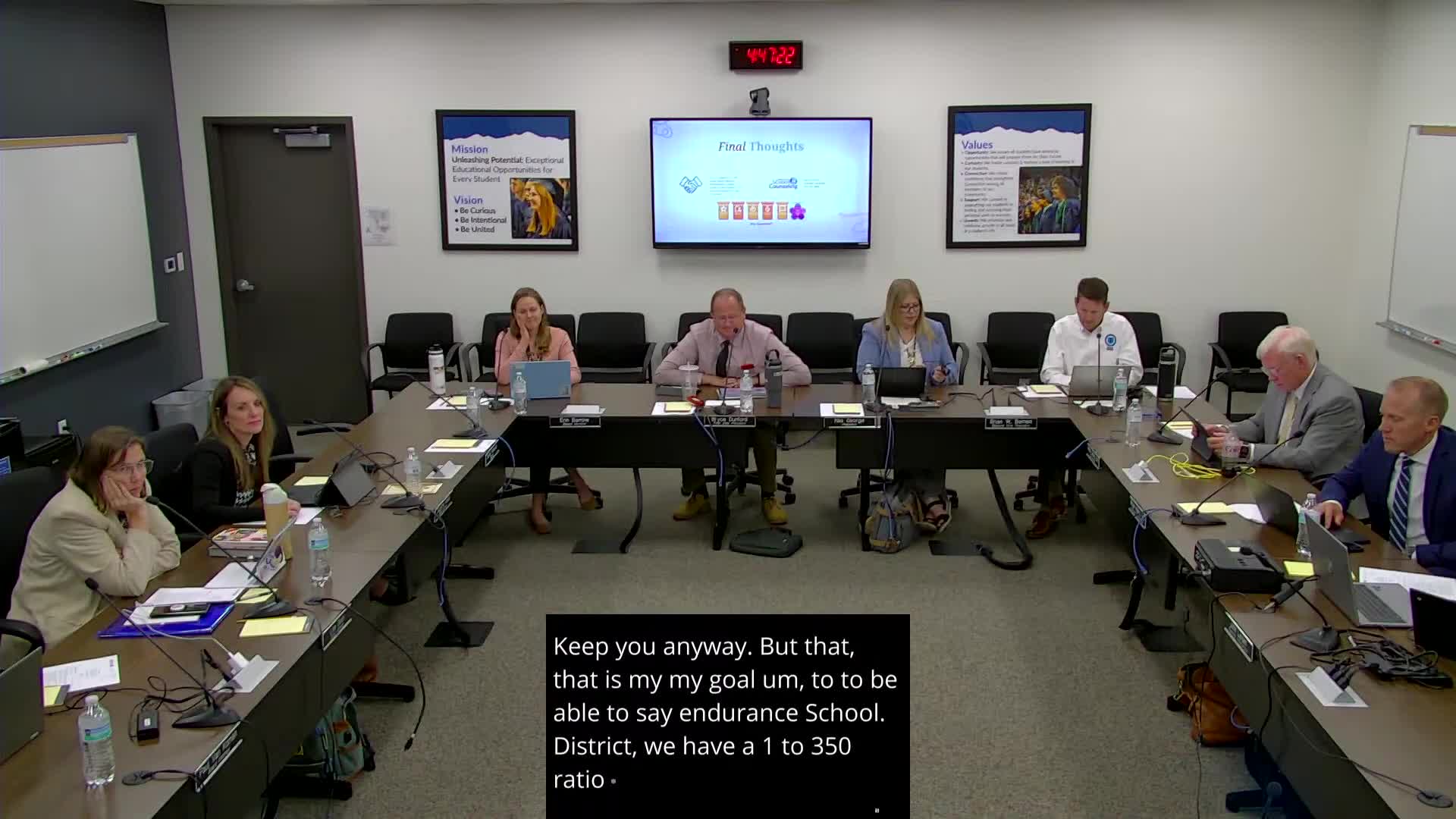
Jordan child-development program selects Frog Street curriculum for district preschools
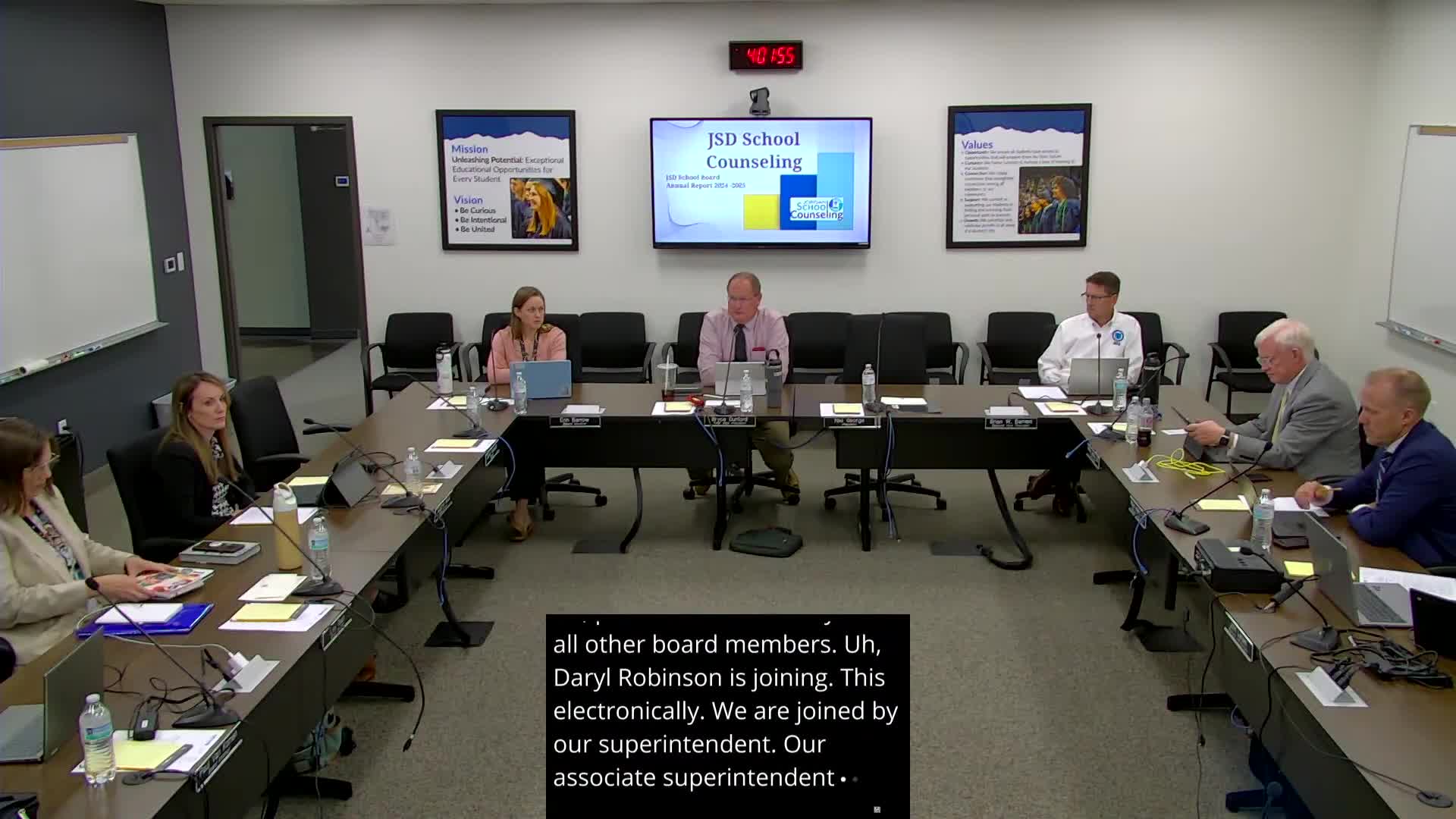
Jordan School District says graduation rate edging up as counselor contacts rise
